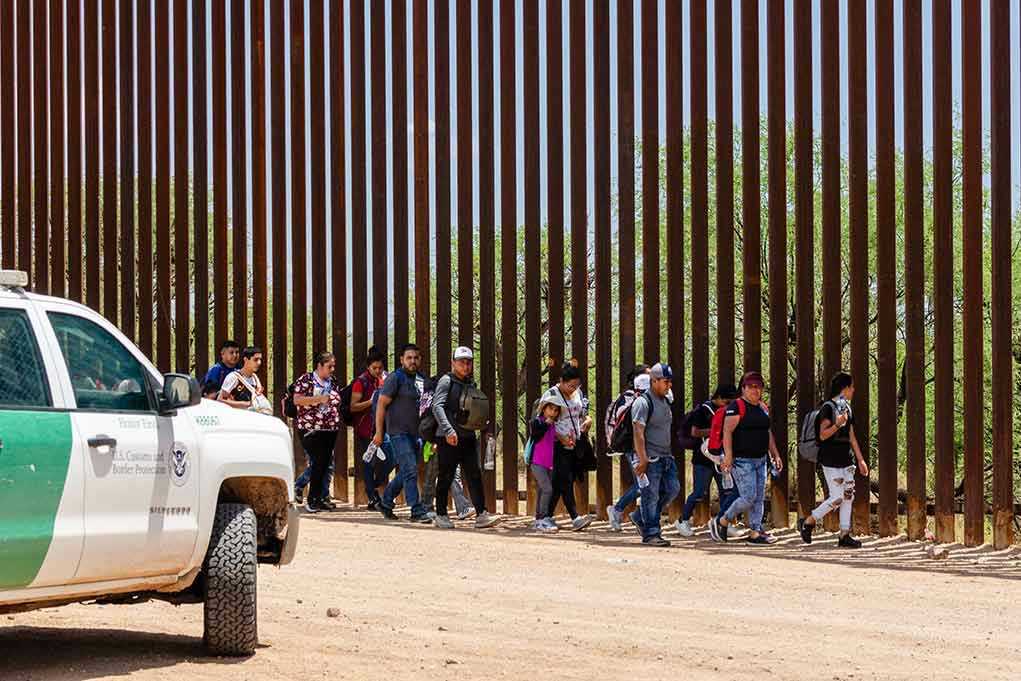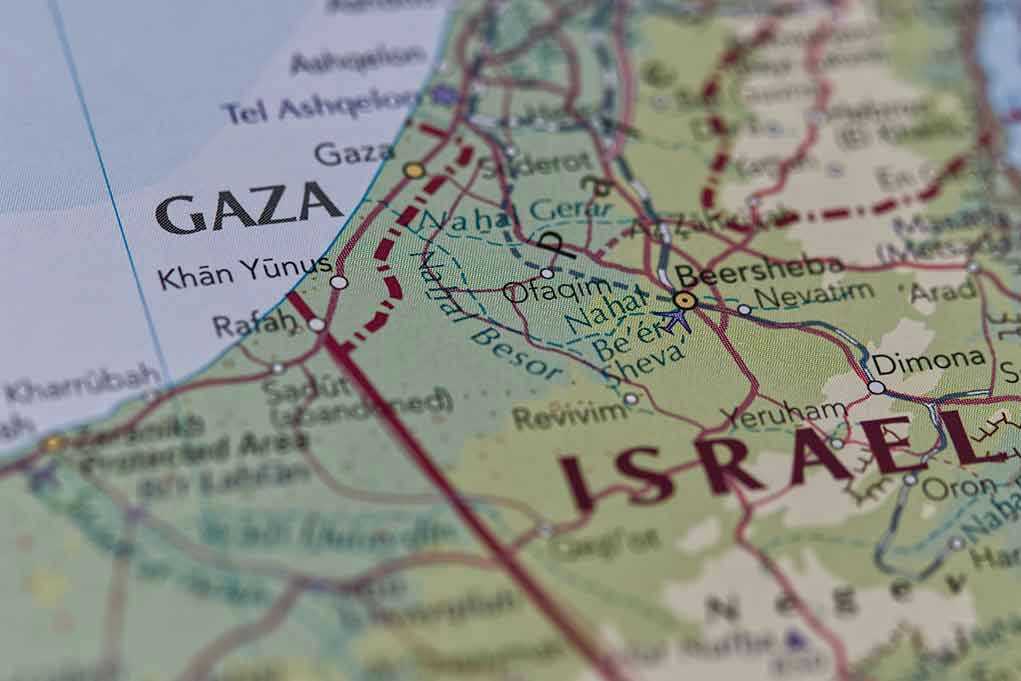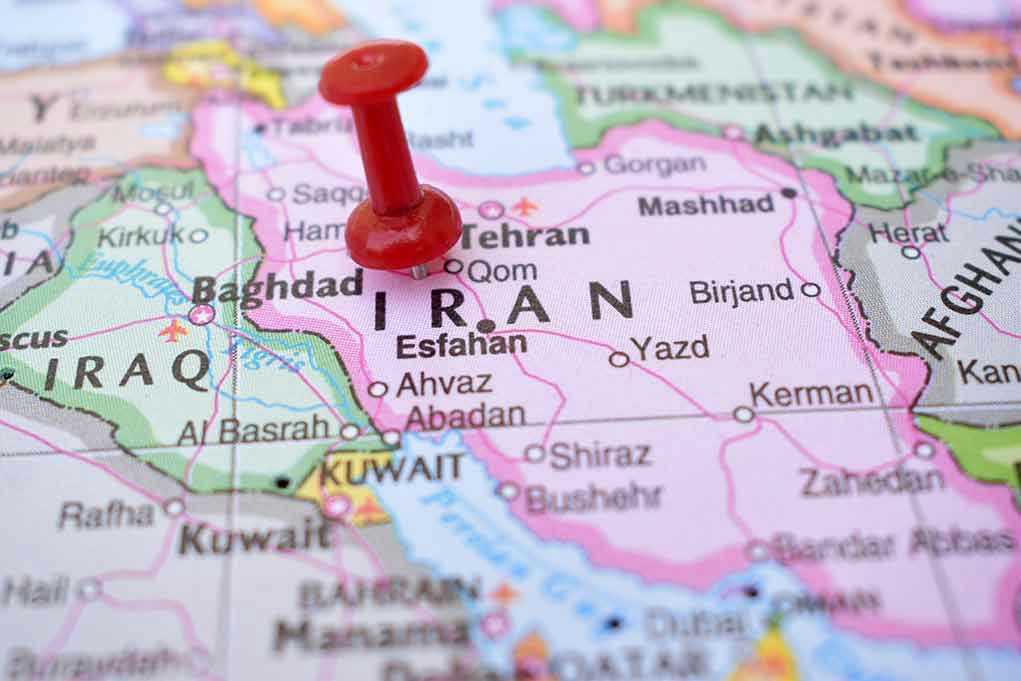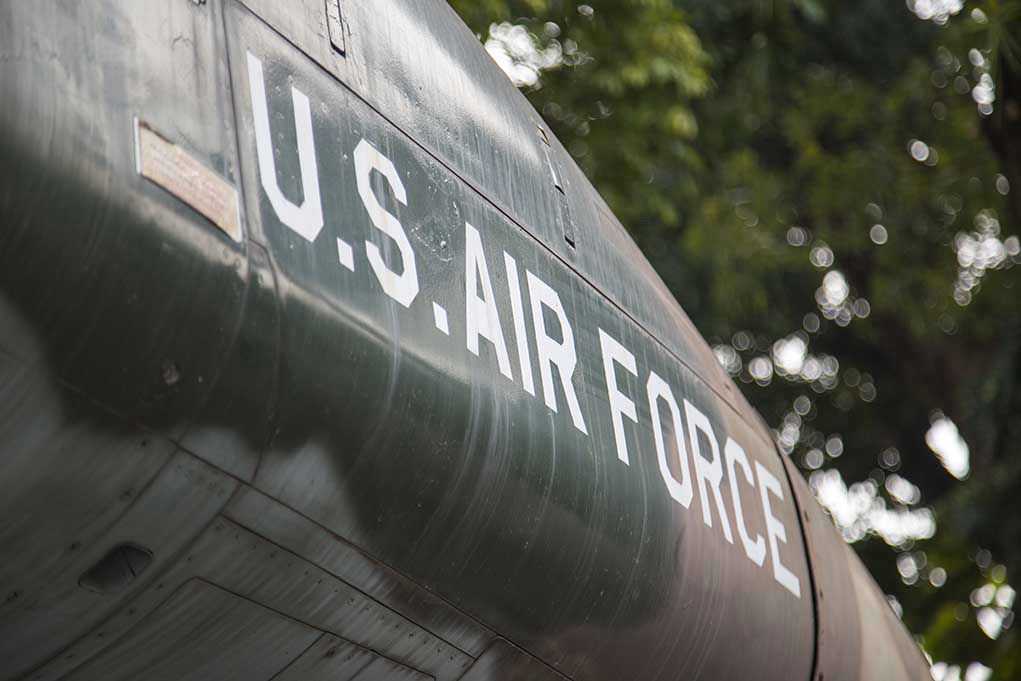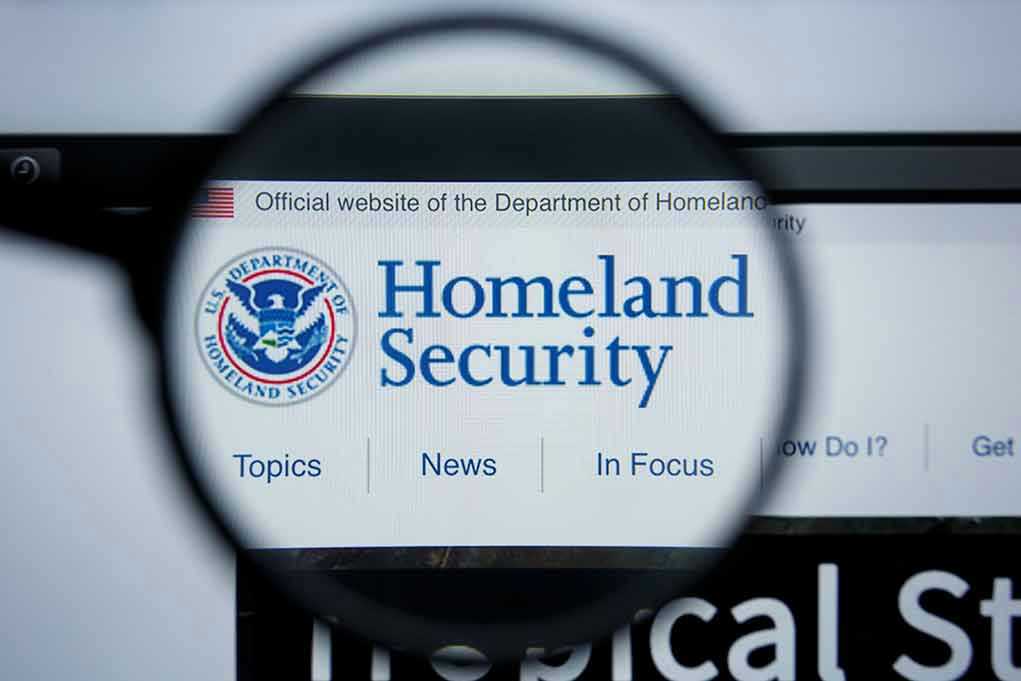
Can Argentina, once ousted from the US Visa Waiver Program, find its way back to visa-free travel for its citizens?
At a Glance
- Argentina seeks reentry into the US Visa Waiver Program after 23 years.
- Significant border security improvements and reduced visa overstay rates drive the process.
- Reinstatement could significantly boost tourism and business between the US and Argentina.
- US Homeland Security Secretary Kristi Noem leads negotiations in Buenos Aires.
Argentina’s Bid for Reentry
Argentina’s quest to rejoin the US Visa Waiver Program (VWP) is officially underway. This marks a significant diplomatic milestone for a country once removed from the program due to economic instability and high visa overstay rates. The reinstatement process began in late July 2025, with US Homeland Security Secretary Kristi Noem signing a statement of intent with Argentine officials in Buenos Aires. This move acknowledges Argentina’s substantial improvements in border security and visa compliance, as it records the lowest visa overstay rate in Latin America.
The VWP, administered by the US Department of Homeland Security (DHS), allows citizens of participating countries to travel to the US for up to 90 days without a visa. Argentina was a member from 1996 until its removal in 2002. Since then, Argentina has worked diligently to meet the stringent security and immigration standards required for VWP eligibility. The reinstatement process is a testament to the country’s commitment to reform and compliance.
Impact on US-Argentina Relations
The potential reentry of Argentina into the VWP holds significant implications for both nations. For Argentina, it promises to enhance tourism and business opportunities, offering economic benefits and strengthening bilateral relations with the US. Argentine officials have welcomed the move, emphasizing the positive impact on the country’s international standing and economic growth. The US, in turn, stands to benefit from increased tourism and business exchanges, contributing to a more robust economic partnership.
The reinstatement process is not without its challenges. Argentina must continue to demonstrate its commitment to security and compliance with VWP requirements. This includes ongoing cooperation on traveler vetting and border security. The process, while initiated, could take years to complete, requiring sustained effort and collaboration between both countries.
Broader Regional Implications
Argentina’s potential reentry into the VWP sets a precedent for other Latin American countries seeking to strengthen their ties with the US. It highlights the importance of security and compliance in international travel agreements. The move could influence regional travel and migration patterns, encouraging other countries to pursue similar reforms to gain VWP access.
The process also reflects broader US efforts to modernize travel security and vetting procedures. New requirements for social media transparency for visa applicants underscore the emphasis on security and information-sharing in today’s travel landscape. As Argentina navigates the reinstatement process, it serves as a model for other nations in the region.
Looking Ahead
As the reinstatement process unfolds, stakeholders on both sides remain cautiously optimistic. For Argentina, visa-free access to the US would be a significant achievement, boosting tourism, business, and cultural exchanges. For the US, it represents a step toward a more secure and prosperous partnership with a key Latin American ally.
While the road to reentry is complex and lengthy, the progress made thus far is a positive indication of the potential benefits for both nations. As Secretary Noem and Argentine officials continue their negotiations, the outcome could redefine US-Argentina relations and set a new standard for international cooperation in travel and security.





